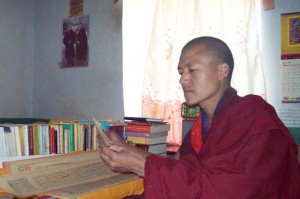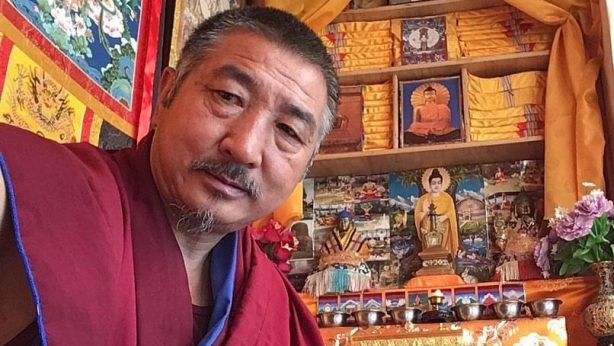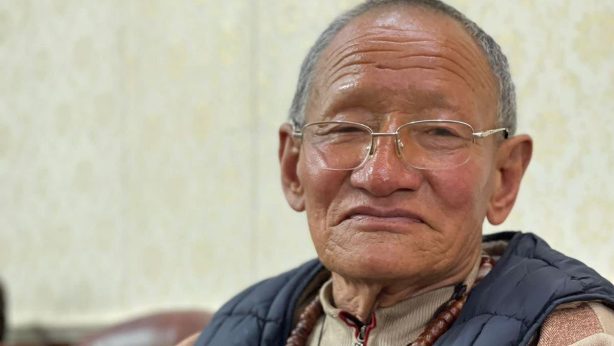China arrests Tibetan writer in Ngaba

A Tibetan monk from Ngaba Gomang Monastery was arrested in the beginning of this month for alleged anti government writings, according to information received by the Tibetan Centre for Human Rights and Democracy (TCHRD).
Dokru Tsultrim, a Tibetan monk who recently wrote two articles critical of the Chinese government was picked up by the Chinese security forces from his room at Ngaba Gomang Monastery.
Dokru was accused of writing two articles that criticized the Chinese government and supported the “separatist forces of the Dalai Lama,” according to the source.
His privately managed publication of Tibetan journal called “Khawai Tsesok” was also ceased and there has been no information on his current whereabouts since his detention by the security forces from Labrang residence.
Dokru Tsultrim was born in Tsolho “Tibetan Autonomous Prefecture” (‘TAP’) (Ch: Hainan) in Qinghai Province. He had done studies on Buddhist literature and philosophy primarily from Lutsang Monastery, Ditsa Monastery and Ngaba Gomang Monastery.
In the recent past Chinese authorities in Tibet have arrested many Tibetans who have exercised their literary freedom through articles, blogs, poems, essays etc. For instance, on 26 February 2009, Kunchok Tsephel, who run a Tibetan language and culture website-Chomei (Eng: lamp) was arrested at his home in Gannan “TA”P Gansu Province. Kunga Tseyang, a Tibetan monk writer, essayist, chronicler and an amateur photographer was arrested on 17 March 2009 from Labrang Monastery on alleged charges of writing political essay on Tibet to a website name “Zindris” in Gansu Province.
The Tibetan Centre for Human Rights and Democracy (TCHRD) calls for the immediate release of Dokru Tsultrim and the government of the People’s Republic of China (PRC) should ascertain his whereabouts to his family members and associates. The Centre appeals to the UN Working Group on Arbitrary Detention and Working Group on Enforced or Involuntary Disappearances (UNWGEID) to press the issue and seek their intervention on the on the whereabouts of disappeared Tibetans.


